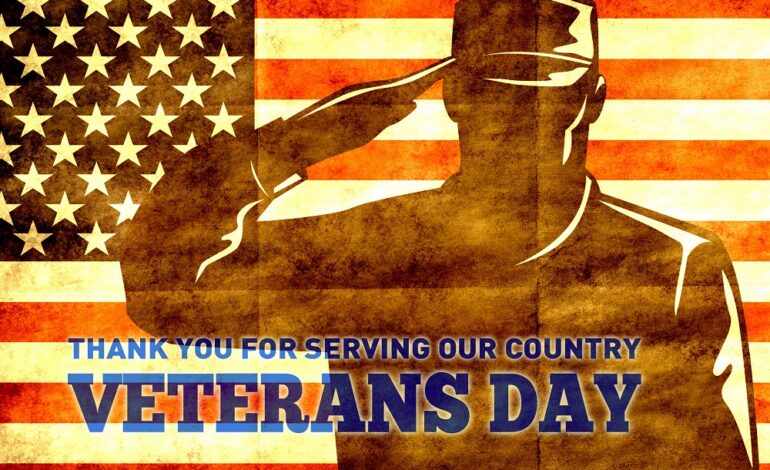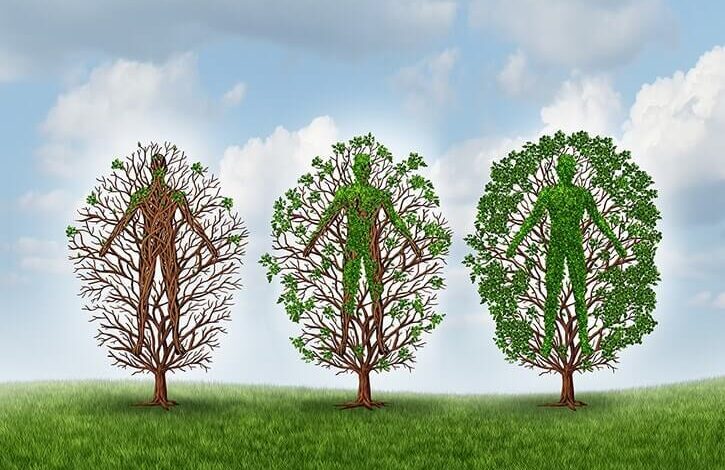We are all born the same, we all have the same opportunities, and we all have the same ability to propel ourselves out of our current situation. Unfortunately, that’s not always true.
“One thing is certain: being poor harms one’s mental health, no matter how rich or happy the country where you live. Furthermore, living in a happy country does not guarantee better mental health than less happy countries.”
Substance abuse and mental health disorders do not discriminate, or do they? They affect all individuals of all ages, ethnicities, sexual orientations, and genders. However, there is one discriminating factor when it comes to mental health: social class. Although individuals from high social levels are still at risk for depression, anxiety, and other mental health disorders, they are less so than those who live below the poverty line. Studies have shown that individuals who live below the poverty line are far more at risk for mental health disorders and are also less likely to seek help simply because of their household income. From an epidemiological view, poverty can mean low socio-economic status (measured by social or income class), unemployment, or low levels of education.
The Connection Between Poverty And Mental Health
The connection between poverty and mental health includes multiple risk factors such as financial stress, acute and chronic stressful life events, exposure to toxins, poor prenatal health and birth outcomes, inadequate nutrition, brain circuit changes, low-stimulation home environment, hostile parenting, child abuse, and neglect. All of these risk factors lead to stress, which causes changes in the brain.
Not all of these factors must be present for an individual to be at risk for a mental health disorder. For example, not all individuals who grew up in impoverished households will develop a mental health disorder. Still, the statistics are not in their favor.
Stress And Cognitive Impairment In Impoverished Communities
Studies have shown that cortisol, a stress hormone produced by the adrenal glands, is much higher in impoverished individuals. For example, in a 2009 study among Mexican households, the families that received cash grants had children with lower cortisol levels than those who did not receive the extra money. A similar study was performed in Kenya. When Kenyan families received cash, they had a higher level of life satisfaction and lower levels of depression than those who did not receive the grants.
Individuals living in poverty are at an increased risk for stress and at risk for cognitive impairment, which may be the result of chronic stress.
“A 2013 study published in Science found that poverty impedes cognitive functioning, leading to poor decision-making. In the study, low-income people who thought about financial issues in their lives performed poorly on a series of cognitive tests. In addition, researchers discovered that poverty creates a mental burden comparable to losing 13 IQ points”.
The Barriers To Mental Health Treatment In Impoverished Communities
- The link between increased rates of physical and mental illness and poverty is well established. And yet, many psychiatrists receive little training in assessing and intervening in poverty. The lack of training is just one barrier to receiving treatment. Unfortunately, very few community mental health centers or outreach programs offer free mental health treatment. So even if the psychiatrist does screen for poverty, they may choose not to because there may not be a second follow-up step to this problem.
- Insurance, copayments, and covering out-of-pocket costs may be entirely unattainable for many impoverished individuals. Often these individuals must choose between putting food on the table or going to the doctor.
- The time it may take to navigate the healthcare system, especially when individuals are not highly educated, is also a deterrent.
- Cultural outlook can also play into the stigmas associated with mental health in individual impoverished communities. The lack of education in poor communities often breeds individuals who are fearful of doctors and believe a mental health diagnosis is a scarlet letter.
- Healthcare professionals are privileged as they are not only educated but also have broad access to knowledge and understanding about mental health. Often, it is easy to exude this privilege onto clients who live in poverty by telling them what they need without carefully understanding their background and community, creating a barrier to communication and trust. Establishing a robust therapeutic alliance between the client and the mental health professional is one of the strongest predictors of successful treatment. When privilege separates the client and therapist, this can often be a barrier to treatment.
Searching For Answers
Unfortunately, there is no clear-cut easy solution to this problem. Many would say that free mental healthcare may fix this dilemma, but will impoverished individuals seek treatment, despite the cultural stigmas? Transportation to and from the clinic, fear of health practitioners, and the fear of the mental health “label” are all barriers to seeking mental health treatment within these impoverished communities. Others would argue that taking these communities out of poverty by giving them job opportunities, education, or grants may be the answer, but where would this money come from, and is this a sustainable solution? This topic is still open for discussion from everyone with experience with mental health.
AKUA Mind and Body Treatment
AKUA Mind and Body is a full-service treatment program that offers a wide range of “east meets west” treatment modalities for many different populations struggling with mental health and substance use disorders. AKUA makes your recovery a priority. AKUA Mind and Body treats co-occurring disorders and works diligently with each client and their family to ensure that treatment is specifically tailored to their needs and not just their disorder.
AKUA Mind and Body offers detoxification, intensive treatment, and outpatient treatment programs. AKUA Mind and Body uses a blend of holistic approaches combined with evidence-based treatment to help individuals affected by substance use and mental health disorders recognize their underlying triggers and develop healthy coping skills. Regardless of where you are in your recovery process, AKUA Mind and Body can help. While Akua does not accept state insurance (Medi-Cal, Cal-Optima, etc) at this time, we can offer referral information.




